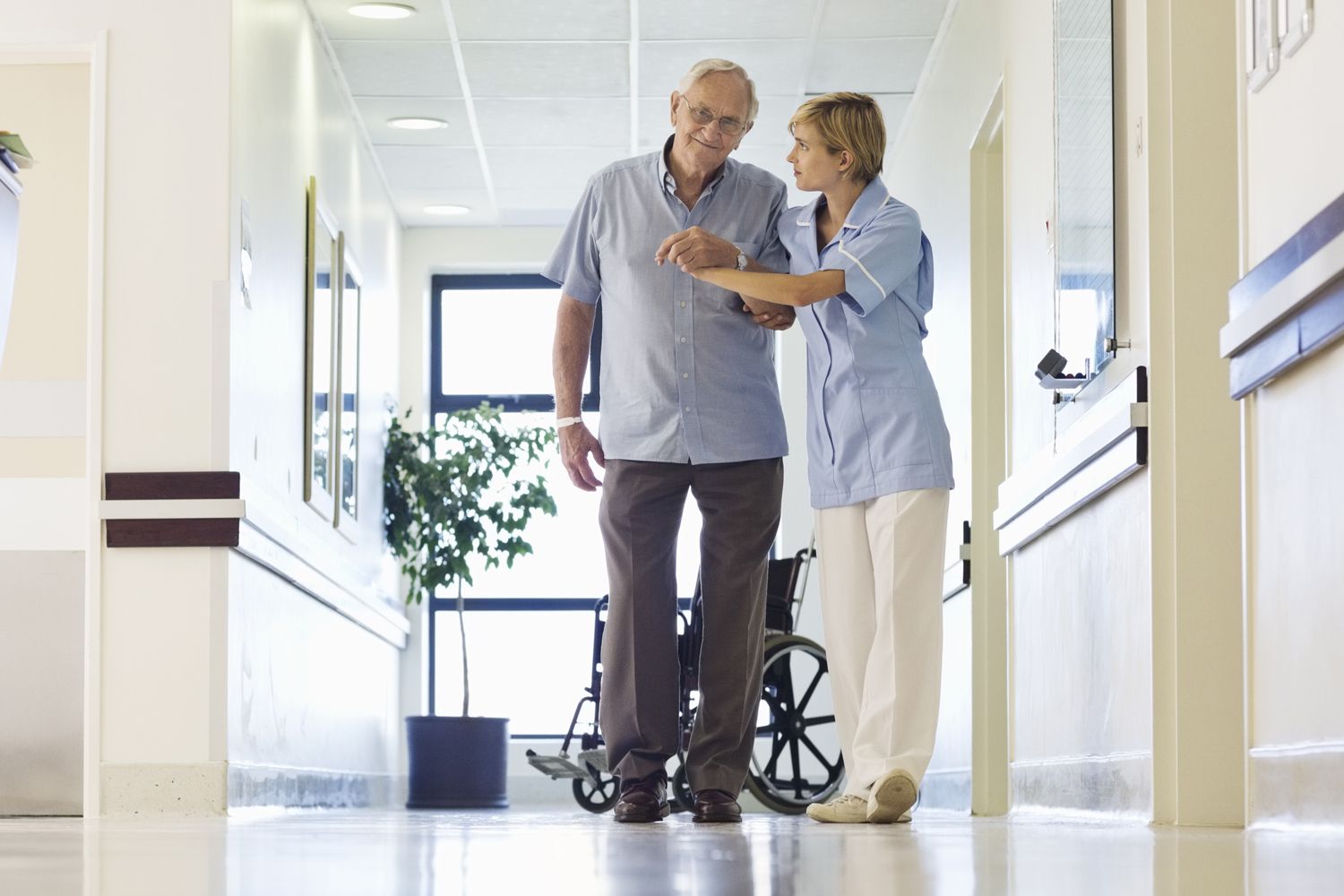Did you know that most nursing home residents are on six or more prescription medications that they take daily? With the number of medications being given to seniors by care staff in nursing homes, the occasional mishap, misunderstanding, or a rare malpractice moment can cause seniors to be given medication that is dangerous for them or moments where seniors are dangerously given medication.
For those with loved ones in nursing homes, knowing they are safe is critical. Not only will it give you peace of mind, but it will help your loved one live a long, happy life in their new community. The process of learning about which medications your loved one is taking, and understanding the potential risks that surround those medications, is the first step. Thankfully, we are here to assist you on this journey. There are several aspects of this complicated situation to consider:
The Link Between Medication and Elderly Falls
Many elderly patients require medications that are antipsychotics, muscle relaxers, opiates, or sleep aids. These medications can cause drowsiness or dizziness, which in older patients can be a factor in them falling (which can be incredibly dangerous or even deadly at an advanced age). In situations where a patient is given the wrong dosage, these potential dangers become that much more present.
The deadliness of these falls is attributed to the more brittle nature of elderly patients’ bones, which can have a much more severe impact on the body’s overall health if they must heal after a major break. Avoiding any medication or daily activity practice that puts your loved one at risk of falling while they’re living in a nursing home is essential to keeping them safely housed and taken care of. Many elderly patients in nursing homes wear non-slip slippers to help them feel that much more confident that they can avoid any of these dangerous, health-impacting falls.
There have been unfortunate situations where overprescribing and overdosing in nursing homes have become a massive issue. The community response to these tragic moments has allowed the majority of nursing homes to take the complications and side effects of these medications much more seriously. If you have an elderly loved one in a nursing home that is on this type of medication, check in with them occasionally to ensure they’re able to physically and mentally handle them positively.
Some Medications to Be Wary Of
Particular types of medication can drastically differ in their effects on elderly patients. Antipsychotics, antibiotics, and opioids are especially critical to note here. Factors such as overdose, early death, sepsis, broken bones, malnutrition, and dehydration can be much more commonly experienced in elderly patients. Patients with Parkinson’s find themselves more negatively affected by these types of common medications as well.
Tylenol and other smaller medications are sometimes overused in nursing home situations as well but rarely amount to the same types of dangerous side effects that are associated with antipsychotics, antibiotics, opioids, and other more volatile medications. There are always ongoing efforts within the medical community to determine the most effective, safe dosages for elderly patients, however, so by sticking with the most recent science, you can most effectively protect your elderly loved one.
Sitting down with your loved one’s doctors and care staff is key to making sure you have all the facts about their medical treatments and any potential dangers that could present themselves. There are many amazing nursing home staff members out there that work tirelessly to keep your loved one safe, healthy and happy every day, and they will be thrilled to help you become up to date about your loved one’s medical condition. Quality nursing homes are well-prepared and eager to help you along every step in your journey to keep your elderly loved one in a comfortable, healthy state.
Your Loved One Deserves a Safe, Happy Life in Their Nursing Home Community
With a more active relationship between you and your loved one regarding their medication usage, you can rest easy and focus instead on what activity you and your loved one will do the next time you visit them. Regular visits are crucial to keeping them comfortable and mentally active in their new home, and getting involved with community-centered activities at the home with them can be a highly rewarding experience as well. Finding what activities stimulate your elderly loved one’s life will put you on the trick track, and ensure your visits are memorable and valuable to both you and your elderly loved one.

